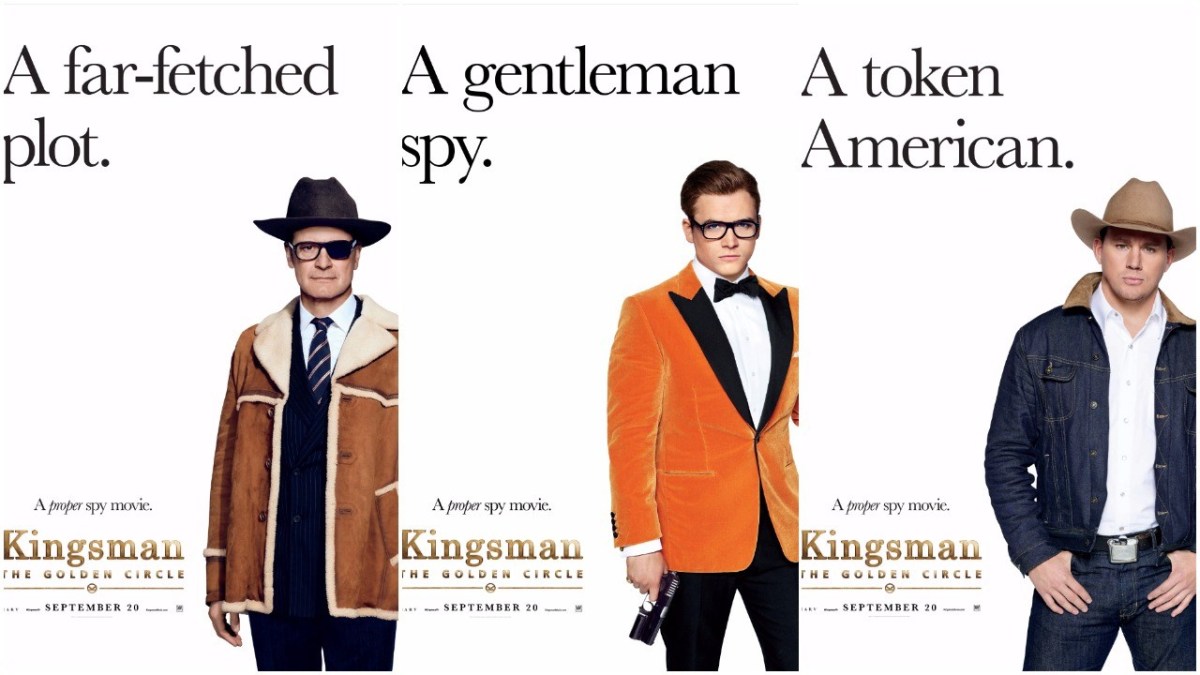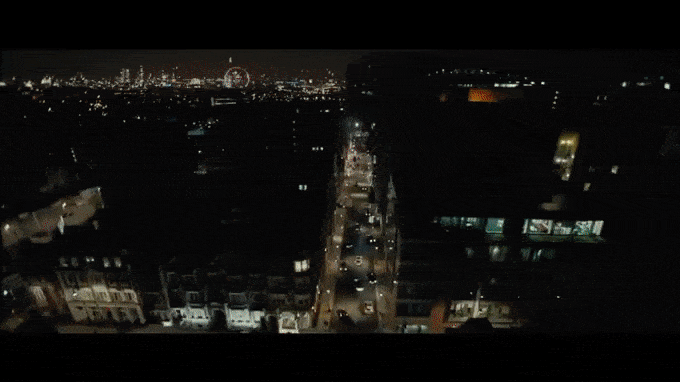A couple of days ago, I’d gone to watch Blade Runner 2049 in the theatres. There’s a lot of things to like about the movie, from visuals that just ooze style and beauty, to a great story, to an amazing score composed as an homage to Vangelis’ music in the 1982 original film. The whole film, in fact, is heavily inspired by Blade Runner, with themes and ideas that are a clear echo from its prequel.
But there was something that was lost somewhere along the way in the 35 years between that movie’s release and this one’s. Something that isn’t really aesthetic or even cosmetic in nature, something that used to be the realm of purely ‘artsy’ films but has pervaded mainstream Hollywood films, too. Clear, intelligible dialogue.
This might sound like a strange thing to complain about, but this is an issue that I’ve found myself having to deal with increasingly often these days. As a person who speaks mostly English and has had more than his fair share of exposure to American and British accents, I’ve always had a keen ear for dialogue. As a cinema-lover, movie dialogues have especially been important to me both as an effective method of storytelling and as a strong metaphor for a character’s nature.
Contemporary cinema has no dearth for quality drama and realistic, powerful dialogues. Some of the most iconic cinematic moments ever captured on camera are dialogues or monologues. But a rather frustrating trend I’ve seen movies following in the past several years is the low-spoken, often whispered, conversations between characters.
I just don’t get it. Whether it’s the need to make the scene more ‘realistic’ or ‘grittier,’ filmmakers seem to be making a concerted effort to make their dialogues harder to understand. Sometimes the characters speak softly, or sometimes they just have a hard, raspy voice that’s just difficult to understand in the first place. And now with Blade Runner 2049 comes a new sort of annoyance — characters talking in large, empty rooms so their voices echo ever so slightly.
I will admit that this gives some aesthetic value to the scene — there’s a sense of enigma, of an ineffable otherworldliness to watch two characters in a massive room surrounded by a moat of sparkling water, soft voices just glancing off the walls to create mirrors of themselves that last only a second longer. But I’ll be damned if it doesn’t make it that much harder to understand. Jared Leto’s character, the psychotic Niander Wallace, is especially guilty of this, because most of his scenes are in that room. To make matters worse, Leto, in his insatiable quest to creep audiences out with weirder and weirder characters, affects a trance-like appearance and speaks in a soft, whispery voice that makes him look just a bit ridiculous.
At the start of 2049, the protagonist K (Ryan Gosling) pays a visit to Sapper Morton (Dave Bautista). Without going into any unnecessary details, the two of them have a conversation in Morton’s house. A quiet setting, with no background noise to disturb the scene. But I’m still struggling to understand what they’re saying. Both Gosling and Bautista seem hell-bent on giving me a hard time by speaking in hushed tones, only leaving the pauses in between for me to try and figure what they just said. And in a movie with smart, nuanced dialogue like this one, it just ends up being twice as much work for me as I try to follow what characters are saying, understand them and unwrap the layers surrounding more important lines of dialogue.
Why do we have HD clarity pictures, music and sound effects, but not HD dialogue?
Somehow, this doesn’t seem to affect anyone else on the internet, so either I’m going deaf or I need people in the comments telling me they get my pain. But I really doubt it’s the first one, because I really didn’t have the same problem watching the original Blade Runner right before watching the sequel. Dialogue was crisp, clear and I honestly didn’t need subtitles for any of it. Well, almost all of it.
But 2049, along with lots of movies that have come out lately have had me wishing all Hollywood films in Indian theatres had subtitles. Some do these days, so it really does help.
So here’s my plea to all Hollywood film studios: please, please, for the love of God, make your dialogues more clear. It doesn’t make it less realistic to make dialogue more audible, and not every villain needs to be as impossible to understand as Bane from The Dark Knight Rises. So please put those several million dollars you spend on your fancy new big-budget action flicks to good use and invest in a functioning boom mike, will ya?






